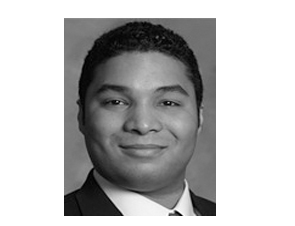
Part 2 of 2
Last month in the first part of this article, I discussed aspects I have found helpful to optimize patient encounters at the start of their visit, starting from the moment I enter the room.

Next is the physical examination component of the patient visit. You may wonder how communication plays a vital role in the physical exam portion of the visit. Before touching the patient, I ask the patient if it is okay for me to clean my hands and put on gloves before examining their skin. This is a key part of my patient visits. I verbally ask my patients, “Is it alright with you if I wash my hands with soap and put on gloves before examining your skin?” I have found that many patients are pleasantly surprised by being asked if they were okay with me cleaning my hands and putting on gloves before the physical exam. Some patients have commented that other physicians have not asked prior to conducting the physical exam, and they enjoy being asked. I have found this wording helps empower patients.
Asking patients for permission before conducting a physical examination is key – and it provides patients with the opportunity to provide verbal consent to the physical exam. Furthermore, asking patients for permission provides many of them a newfound elevated comfort level with their medical provider, as the patient knows that they have an important “say” in how their visit will go.
It is important to note that many patients who visit us are coming in with a medical concern and may have sensitivities to aspects of their skin that may have a significant impact on their psycho-social quality of life. Verbal and non-verbal gentle reassurance may help a great deal. Specific conversational word choices may help put patients at ease. I learned in an AAD leadership training exercise that using the word “could” instead of “should” often is a softer, gentler way of providing advice, guidance, and feedback. I have integrated this pearl into my daily interactions with patients. Terminology such as “you may consider” or “it is possible (or it may be possible)” when speaking with patients helps avoid sounding judgmental or firm. I have found that these phrases come in handy most often when discussing patient behaviors (such as loofah use, and picking or rubbing the skin) that could be changed to optimize skin wellness and health.
Try some of these approaches out and see if it works well for you and your patients. You will build that bond with your patient that will prove to be important as your patient-physician relationship grows.

